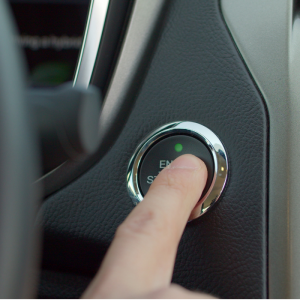Keyless car theft
Preventing Keyless Car Theft
Keyless car theft is a growing issue due to the way the “keyless” design works. The keyless remote is a radio system that transmits RF signals to the car. The car’s receiver picks up these signals, extracts the data, and sends it to the CPU to unlock the car. Thieves can easily mimic these signals, tricking the car into thinking their transmission is the key. Here are a few ways to prevent your keyless car from being stolen:
Disable Keyless Entry
While keyless entry is convenient, it increases the risk of theft. Disabling this feature and using the key manually can enhance security.
Faraday Cage Box Storage
A Faraday key box blocks RF signals, preventing thieves from mimicking them to break into your car. Store the box in your bedroom to deter burglars from stealing the keys if they break into your home. Since cars come with two keys, use a separate box for the spare and hide it in a safe place. If thieves steal the first set, the second set can help you locate the stolen vehicle.
Faraday Pouch
A Faraday pouch is a portable alternative to the box. It blocks RF signals and fits in your pocket, making it ideal for use outside the house.
Physical Prevention When Parked
Physical barriers are effective, especially for those with driveways. Gates or bollards are the best options. Electric gates are even more secure. For those who park on the street, consider steering wheel locks, wheel clamps, and wheel locks. Invest in high-quality locks, as cheap ones are easily broken by thieves.
Install Cameras
Cameras around your property can help identify thieves and aid in the recovery of a stolen vehicle.
Tracking System Installation
Tracking systems can locate your car, increasing the chances of recovery. Choose a discreet tracking company to prevent thieves from finding and removing the tracker. One insurer reported a 50% reduction in thefts when sophisticated tracking systems were installed.
By implementing these measures, you can significantly reduce the risk of keyless car theft and protect your vehicle from criminals.
To discuss a new policy, or current policy please get in touch with us via one of the options below!
Book a call 01730 265500 Contact request form hello@robison.co.uk






